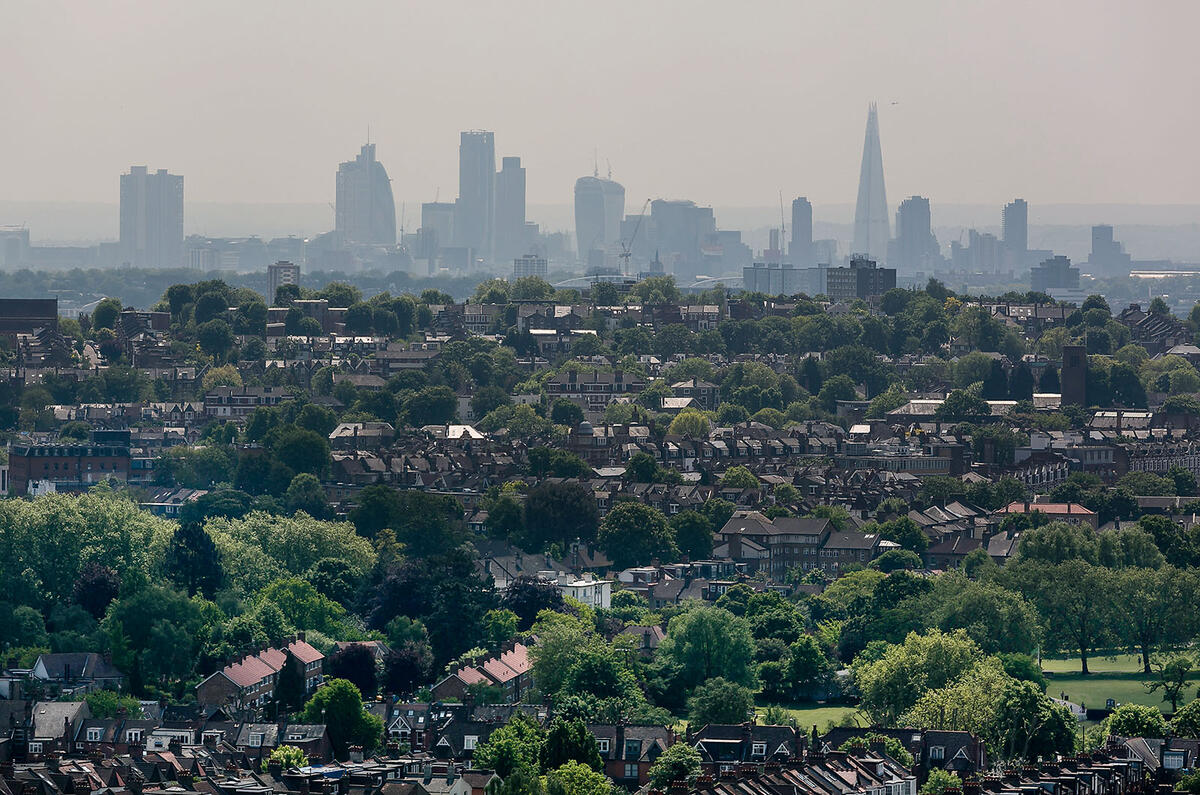Britain’s Supreme Court has ordered the UK government to submit a new plan to the European Union that will outline action to dramatically reduce levels of the pollutant nitrogen dioxide. The plan has to be submitted by 31 December.
ClientEarth, an environmental law group, brought the case as part of a long-running legal battle. ClientEarth named 16 cities and wider metropolitan areas in the UK as being affected by the pollutant, including the urban West Midlands, Greater Manchester, Merseyside, the North East and West Yorkshire.
It’s highly likely that any plan will bear down heavily on diesel-powered road transport, especially older vehicles. Commercial vehicles will be in the firing line, along with buses and taxis.
Although the new government could introduce incentive schemes for scrapping older diesel vehicles, there is some concern that even many of the latest Euro 6-rated diesel engines are producing far more nitrogen dioxide emissions in ‘real-world’ traffic conditions than in official tests.
Get the latest car news, reviews and galleries from Autocar direct to your inbox every week. Enter your email address below:




Join the debate
Add your comment
Blunt Instrument
Moaning but no solutions
It seems inevitable to me
A different question is what will they do about the discrepancy between official tests and real world figures for Euro 6 cars. It seems that they are still too dirty in the real world. Sadly the CO2 advantages of diesel will probably influence the authorities.